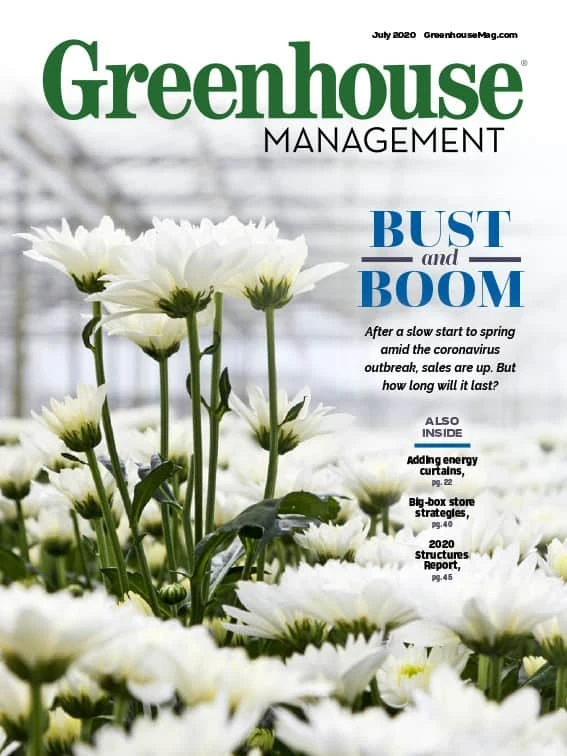
_fmt.png)
Garnering a position of leadership or that next important promotion, or achieving your entrepreneurial goals require hard work and credentials. What most women are not taught is that who you know is often as — or more — important than what you know. We keep our noses to the grindstone assuming our accumulation of skills, achievements and talent will get us where we want to go. Unfortunately, that is not always an effective strategy, especially for women.
How many of you have watched a younger or less-qualified candidate be rewarded with a job, raise or important project? Are you a young professional who cannot seem to gain access to the right career path or avenues for advancement? Who you know, your access to people with power and how you leverage your professional network and mentors matter more than you may realize.
Unfortunately, women are not indoctrinated — nor invited — into the culture of “boys’ club” networking dynamic. This means we are losing out big-time when it comes to accessing top tiers of power and leadership, as well as job and pay advancement.
Step up
With women making up the majority of gardening consumers, and the growing percentage and role women play as professionals in horticulture, we need to face — head-on — the incredibly lopsided power and leadership dynamics that currently exist in the horticulture industry. It is exceedingly important for women to capture more market voice and leadership roles, which I believe will not only make things better for women working in horticulture, but also help to better serve our consumers. When we do both those things, the entire industry benefits, and profits, and we all win.
Map your network
If you have not thought about the identities of those in your professional network and what access to power they offer you, now’s the time. Sit down with a piece of paper and write down the names of those you consider to be networking allies for you, and their professional positions. Some will fall into a more personal category, while others will be purely industry acquaintances. Both are important.
Will these contacts advocate — or have they already advocated — for you in a way that will help you advance professionally? Do they hold positions within the industry that afford them influence over others? If your primary network connections are mostly personal connections at your level or do not hold positions of power more advanced than yours, it is probably time to connect with some bigger players.
Power gap
Another important factor to consider is that men hold most of the power, in our industry and most others, as well as the government. Men also clearly have the most developed networks. If your existing network does not consist of key male allies who hold significant positions of power, then you are going to need to intentionally add them to your network. Know that most people will most easily connect with, and do favors for, people they can most easily relate to. That means men will naturally network with, and mentor, more men. Men will feel more comfortable handing out that promotion or job referral to other men. Women will tend to do the same with other women. It is just the way it is.
If you are a man with professional influence and power, think about whether you are consciously, or unconsciously, limiting the number of women you network with or mentor. Are you using your power and influence to help some women advance in the industry … or are you by default disproportionately (or only) networking with and assisting other men?
It is also paramount to make sure you have women in positions of power in your network. Both as role models and allies. The problem is that there are not as many of them. This power gap is what can make engaging in women-only networking groups a little tricky. So, ensuring you also have access to, and network with, men with power is a necessary strategy. A healthy balance is important.
Build your team
Look around the industry to identify professionals you admire and who could connect you with positions, contacts or clients you want. Is there an opportunity you could create to connect with those people? You may know someone who knows them, and, if so, ask for an appropriate introduction. Join industry organization boards and committees, but first look at who else is on the board or committee to make sure there are strategic alliances to be made.
Join networking groups (such as my Green Industry Business & Marketing Facebook group) that afford you direct access to people you might not otherwise have. Such online groups will be vital for your networking efforts, given the loss of in-person industry events and social distancing.
As professional women, we have an obligation to not only build healthy credentials and experience, but also influence and shape how industry networks are built. Being great at what you do is great; but competence alone will not open all the doors you need opened. Changing networking dynamics and access to power are key to building a better future for ourselves and for all women in horticulture.

Explore the July 2020 Issue
Check out more from this issue and find your next story to read.
Latest from Greenhouse Management
- 2025 Proven Winners Horticulture Scholarship applications now open
- How to improve inventory and shipping management in the greenhouse
- Leading Women of Horticulture: Anna Ball, Ball Hort, and Terri McEnaney, Bailey Nurseries
- GM CEA HERB Part 2: A guide to increasing the sowing density of culinary herbs
- GM CEA HERB Part 1: Best practices for producing culinary herbs in controlled environments
- USDA fires experts on invasive pests, including Asian citrus psyllid, chilli thrips
- CEA Alliance celebrates bipartisan introduction of Supporting Innovation in Agriculture Act
- Dümmen Orange North America celebrating 25th anniversary in 2025





